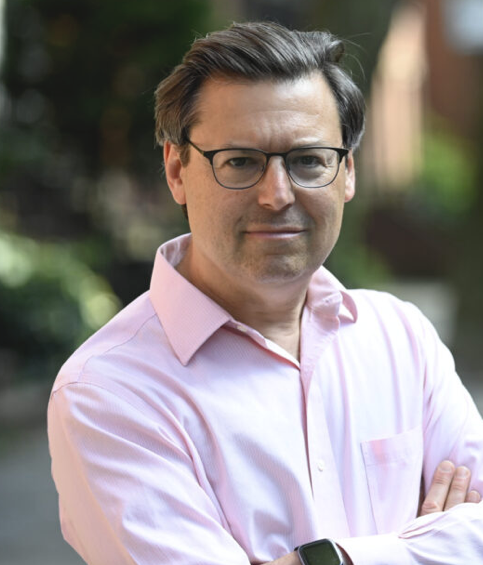Yassky Versus Gounardes in re-districted State Senate race
They debate online, on cable shows, and do Q&A with Neighborhood Association

State Sen. Andrew Gounardes, whose current district stretches from Bay Ridge to Marine Park, and former Councilmember (and former head of the NYC Taxi and Limousine Commission) David Yassky are running in the Democratic primary for state Senate in the redrawn District 26, which stretches from DUMBO to Fort Hamilton.
The district is currently represented by Democrat Brian Kavanagh, who won a special election in 2017 to replace retiring Democrat Daniel Squadron. Kavanagh will now run in a Manhattan-only district.
Election Day is Aug. 23, but early voting starts Aug. 13. The Primary Election Debate for State Senate District 26 can be found here.

Brooklyn Boro
View MoreNew York City’s most populous borough, Brooklyn, is home to nearly 2.6 million residents. If Brooklyn were an independent city it would be the fourth largest city in the United States. While Brooklyn has become the epitome of ‘cool and hip’ in recent years, for those that were born here, raised families here and improved communities over the years, Brooklyn has never been ‘uncool’.